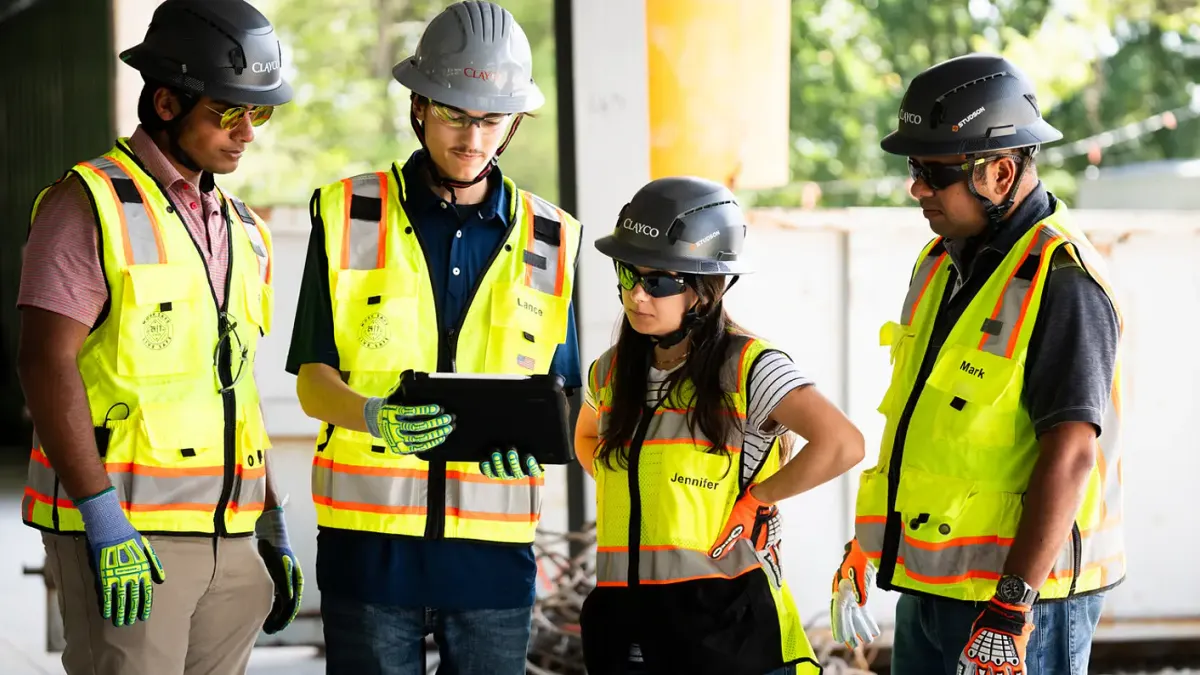When an employer needs to fill a role overnight to keep the business running, it can't get picky with its hires — whoever can do the job can have the job. That's the philosophy Dave's Killer Bread applied to its talent strategy when its nutrient-packed namesake sparked high demand. This philosophy extended to people with criminal records, and now the Dave's Killer Bread Foundation encourages fellow employers to do the same, adopting "second chance employment."
At the foundation's helm is Genevieve Martin, executive director of the foundation. Below, Martin discusses what she's learned about second chance employment after seeing it flourish within Dave's Killer Bread and advocating for it on behalf of the foundation.
This interview has been edited for clarity and brevity.
HR DIVE: What is second chance employment?
MARTIN: Second chance employment is the meaningful, thoughtful commitment to hiring people with criminal backgrounds into your workforce and treating them just like everybody else.
HR DIVE: Why is that important for this initiative to include that meaning and thoughtfulness?
MARTIN: Understand that 1 in 3 adult Americans have a criminal record — this is something that touches 70 million Americans. This is something that is very much a part of our society. So if we are existing in moment or in a phase of workforce where we are saying 'we don't accept someone with a criminal background at all' or 'we do but we do it quietly and we kind of hide that fact,' then it's not going to be meaningful. That attitude really limits the potential that the community, the individual and you as an employer have in helping tap into that talent.
HR DIVE: Why has Dave's Killer Bread Foundation been so interested in this issue?
MARTIN: Dave's Killer Bread has hired people with criminal backgrounds for decades. The family bakery always said 'we will hire whoever can do the job,' so you could be a veteran, you might have a disability, you might have a felony conviction in your past, you might be a young adult with no job experience — the whole point was if you could do the job, you could have the job.
"Crime is not black and white — it's extremely gray. And once you get to understand a person's story and who they were when this mistake or choice was made, you start to see it differently."

Genevieve Martin
Dave's Killer Bread Foundation Executive Director
At the end of 2004, Dave, who's a real person, came back to the family bakery after four different bouts in prison. So it became personal. Then he created the recipes for Dave's Killer Bread. We were experiencing such exponential growth that we would get orders for products on Tuesday afternoon, and we would need to be able to fulfill that order by the following day. We at times had to hire people overnight.
So we looked at our workforce and we pinpointed our top performers to find some attributes of them that wanted to look for in candidates. In many, many cases, the individuals who were high performers on our teams had the commonality of a criminal background. We decided to work directly with some local nonprofits who assist citizens returning to the community, to use them as a recruiting pipeline. We needed people who were dedicated, highly motivated and trainable.
A decade later, we realized anywhere between 30% to 40% of our workforce had felony convictions. And we heard the stories of these individuals and how employment had been a leading factor of success in their lives. We thought, as a company, that we had to do something with this. After a year of researching and understanding the cycle of incarceration and recidivism and reentry, we realized our role in that conversation is in employment. We made a lot of mistakes. We also had a ton of successes. We decided it was our duty to share this message with others.
HR DIVE: I can anticipate a negative response to Dave Killer Bread's position. How would you respond to that?
The first thing I would work on is understanding what the person's belief is now — whether they've had a bad experience or a personal perception of people who commit crimes. The very first thing we need to do is we need to challenge your personal perception of somebody who commits a crime and what that looks like.
Then after that, I can challenge that person's professional perception of integrating and including people within a workforce. That's what I call the brass tacks piece of this. If you've had a bad experience, I definitely want to unpack what that looked like for you. U.S. Equal Employment Opportunity Commission guidance provides a really great tool. It's fairly simple but a little ambiguous. It's called the nature-time-nature test. Understand the nature of the crime, the time since the conviction and the nature of the job. If the nature of the crime is directly linked to the responsibilities you're hiring for, that person might not be the right person for the job. That's totally fine, and you're well within your rights to make that decision. But perhaps you have a better fit in your organization, a different role that this person would be very skilled and capable of doing.
I have to push back against employers that say 'I don't hire people with criminal backgrounds.' Whenever possible I want to expose employers to stories of people who have been impacted and convicted of crimes to help people understand that just because you see criminal code on the background screen doesn't mean you actually know anything about the circumstances. Crime is not black and white — it's extremely gray. And once you get to understand a person's story and who they were when this mistake or choice was made, you start to see it differently. You start to see the commonalities in our stories. You start to see the human aspect and the dignity of being employed.


















